There are more interesting articles, commentaries and analyst reports on the Web every week than anyone could read in a month.
Each Saturday morning I like to share some of the ones I’ve read during the week.
The weekend will be over before you know it, so enjoy some weekend reading.
Sydney is expensive, but what people spend their money on might surprise you
While it’s certainly not as simple as giving up you smashed avocado to save for the Sydney home – but are spending habits a contributing factor to the difficulties of buying into the Sydney property market?
According to this article on abc.net.au Sydneysiders have prioritised their lifestyle over a potential property.
It’s not the usual suspects of rising energy costs, tolls or petrol that are hitting the hip-pockets of New South Wales voters the hardest.
New analysis provided exclusively to the ABC shows health insurance and other medical expenses are chewing up increasing amounts of household income.
But Sydneysiders are also splashing more cash on overseas holidays and restaurant meals.
The cost of living, particularly in Sydney, is a major NSW election issue as people prepare to head to the polls on March 23.
The Australian National University’s Centre for Social Research and Methods crunched the numbers to find out where the financial pinch-points were for voters in Sydney.
Results show that between 2008 and 2018, medical expenses have increased from 2.8 per cent of Sydneysider’s household income to 4 per cent.
The second biggest jump in spending was on international holidays, with Sydneysiders now spending 3 per cent of their income on overseas trips, compared to 2.2 per cent in 2008.
Other big spending jumps were also recorded on household maintenance (from 2 per cent to 2.7 per cent of household income) and child care (0.8 per cent to 1.4 per cent of income).
Restaurant meals round out the top five, rising from 2.8 per cent to 3.4 per cent of household income.
Electricity, petrol less pricey
Lead researcher Ben Phillips said with a lot of media and political focus on energy prices, some people might find the results surprising.
“Certainly it is the case that electricity prices have increased — they’ve perhaps doubled in the past 10 years — but we are using a little bit less electricity,” he said.
Mr Phillips said people had adapted their behaviour as energy prices rose.
“So we may only spend say $30 a week in Sydney on electricity, whereas we might spend twice that on restaurant meals.”
Petrol prices are now lower than 10 years ago, Mr Phillips said.
His estimates took into account incomes adjusted for cost-of-living changes and used data drawn from the Australian Bureau of Statistics (ABS) consumer price index, inflation and national accounts figures, as well as surveys of income and housing.
Housing remained by far the most expensive cost for Sydneysiders who rent or have a mortgage, but as a percentage of income, it hadn’t jumped as much as some other areas over the past 10 years.
Read the full article here
VIC closes in on full employment
What is the current state of play for wages and employment in Victoria?
This Blog by Pete Wargent looks at the results.
Wages tick along
More wages weakness reported in the December 2018 quarter, though I doubt it’ll be enough to move the needle for the Reserve Bank’s view too much.
Wages growth was +0.6 per cent for the private sector, and +0.6 per cent for the public sector, seasonally adjusted, decimal point quibbles aside.
Annual growth in private sector wages of +2.29 per cent was still plenty slower than in the public sector at +2.53 per cent.
However, this was the ‘fastest’ annual pace of growth in private sector – if you can justifiably use the word fast in this context – in the four years since December 2014.
And it’s also well ahead of headline inflation, which could feasibly sink to just 1½ per cent next quarter on lower fuel prices.
As noted here previously (h/t Justin Smirk, Westpac) Victoria has been creating a thunderous volume of job openings and is nipping along nicely towards full employment, so wages will almost certainly pick up here.
Read the full article here
Finally, the RBA is getting anxious about the housing downturn
Is the RBA slowly reaching for the panic button?
This article from Business Insider reveals why the RBA is getting anxious about the housing downturn.
The Reserve Bank of Australia (RBA) has made it clear in recent commentary that the outlook for unemployment is crucial in terms of the next direction in Australia’s cash rate.
The movements in house prices could son be added to that list.
Here’s a passage from the minutes of the RBA’s February monetary policy meeting explaining why:
From a longer-run perspective, members assessed that, following such large increases in housing prices, the effect of the recent price falls on overall economic activity was expected to be relatively small.
However, members observed that if prices were to fall much further, consumption could be weaker than forecast, which would result in lower GDP growth, higher unemployment and lower inflation than forecast.
Clearly, after largely overlooking the risks posed by the downturn in property prices, at least according to public statements, the RBA is now acknowledging falling home prices could lead to slower economic growth, higher unemployment and a big challenge in returning inflation to the midpoint of its 2-3% inflation target.
It acknowledged that “dwelling investment was also expected to decline more sharply than previously expected, consistent with the decline in residential building approvals and the fall in housing prices”.
It also noted that the slowdown in consumption seen in the September quarter, coupled with with subdued growth in retail sales in the final three months of 2018, may have been influenced by “lower housing prices and reduced housing market activity”.
As such, it admitted that “uncertainty about the recent momentum of consumption and factors affecting households’ future consumption decisions remained a key risk for the domestic economic outlook”.
However, while the RBA is clearly alert to these risks now, it still remains optimistic that the housing market won’t upend the broader economy, nor warrants lower official interest rates as yet.
“Given that further progress in reducing unemployment and lifting inflation was a reasonable expectation, members agreed that there was not a strong case for a near-term adjustment in monetary policy,” the key final paragraph of the minutes read.
“Rather… it would be appropriate to hold the cash rate steady and for the Bank to be a source of stability and confidence while further progress unfolds.”
Given the recent trajectory of some Australian economic data, financial markets are clearly not sure that stability is required, nor helping to build confidence, continuing to price in a full 25 basis point rate cut from the RBA by the middle of next year.
A small but increasing group of market economists also share this view.
Read the full article here
Property market mood changing
There appears to be a mood shift in our property market …
In this article for Switzer, John McGrath looks at what we can expect.
We’re seeing early signs that the market mood in Sydney and Melbourne might be changing, with agents reporting more buyers attending opens, including some investors who have been prompted back into action by the impending election, as well as better auction clearance rates compared to late 2018.
In the first week of February, Sydney recorded a 49.5% clearance rate from 130 auctions, according to CoreLogic. In week two, this rose to 54% from 322 auctions.
The preliminary result for last week indicated further strengthening, with 61% clearance from 521 auctions.
In Melbourne, we saw a clearance rate of 44.3% from 162 auctions in week one, rising to 52.4% from 350 auctions in week two.
The preliminary result for last week was 54.2% from 657 auctions.
This is encouraging when compared to November and December, when both cities were consistently recording clearances in the 40% range.
Agents say buyers are feeling refreshed following the Christmas holiday period and are renewing their efforts to buy, with prices down 10-15%.
We always see renewed interest early in a new year but this year it seems to be higher than usual.
Among them are investors, who have been largely absent for a while now following APRA’s decision to limit the banks’ investment loan growth and new interest-only loans (traditionally favoured by investors).
APRA has lifted both caps now, so it’s a little easier for investors to borrow, however they face the same challenges as owner occupiers in terms of a more difficult and lengthy loan approval process.
Latest statistics show lending to both investors and owner occupiers is significantly down.
Australian Bureau of Statistics figures released earlier this month show the value of new loans for owner occupiers fell -6.1% in NSW and -6.6% in Victoria in December in seasonally adjusted terms.
In fact, the value of new loans for owner occupiers was down everywhere except Tasmania for the month.
The fall in owner occupier lending was concentrated in the second half of 2018 (down a total of -14.5% in NSW between July and December and -18.4% in Victoria), whereas property investment finance nationwide has been steadily declining for two years. It’s now down -40% from the peak at the start of 2017.
Some buyers have been biding their time, not wanting to buy too early before the Sydney and Melbourne markets hit their floor.
Others have unfortunately started to doubt the safety of property, given prices have fallen faster than historically (mainly due to lending constraints).
It’s the negative sentiment that is stopping them.
If you’re a buyer, you can buy something knowing you’re getting it for 10-15% less than a year ago but with the same interest rates.
Some lenders have just dropped their fixed rates into the mid-late 3% range, which is excellent value.
Now is the time for buyers to be brave and look long term.
While I’m expecting cooling market conditions to continue in Sydney and Melbourne, I think we’re through the worst part of the correction and we’re getting close to the bottom now.
Read the full article here
How To Be Successful In Life? 13 Tips From The Most Successful People
Everyone wants to be successful – but often we need a little inspiration to get us going.
This article from lifehack.org looks at 13 tips from some of the most successful people in history.
What is success to you?
How to be successful in life?
To some, when they think of success, they imagine wealth; others want power; some just want to make a positive impact on the world.
All of these are perfectly valid, indeed success is a concept that means different things to different people.
Though no matter what success is to you, it almost certainly isn’t something will come easily.
If you want to learn how to be successful, these 13 tips are essential:
1. Think big
From Michelangelo Buonarroti, Great Renaissance Artist:
“The greater danger for most of us lies not in setting our aim too high and falling short; but in setting our aim too low, and achieving our mark.”
There are few artists as influential as Michaelangelo. Today centuries after his death, his work still inspires and connects to people. His work is world famous, just think of his statue of David, or the Mural in the Sistine Chapel in the Vatican.
Imagine then, if he decided not to work as an artist.
Being a successful artist has always been extremely difficult, imagine if he decided to give up this ambition in favour of something easier?
Oftentimes, people often decided to put their dreams aside for something more “realistic”. To give up their dream for something easier. This quote teaches us the danger of such a point of view.
Instead be ambitious.2. Find what you love to do and do it
From Oprah Winfrey, Media Mogul:
“You know you are on the road to success if you would do your job and not be paid for it.”
This is a good quote to remember and think about when you’re at work.
Imagine being as successful as possible in your current job.
Ultimately you’ll probably find yourself working extremely hard and this it will take up much of your time.
If it’s a job you hate, then being successful at it might only mean filling your life with something you hate to do.
What’s the sense in this?
Instead, why not focus on doing something you love? When you’ve found what you’re passionate about, you get the motivation to keep you moving. Success at this means the fulfilment of your dreams.
3. Learn how to balance life
From Phil Knight, CEO of Nike Inc.:
“There is an immutable conflict at work in life and in business, a constant battle between peace and chaos. Neither can be mastered, but both can be influenced. How you go about that is the key to success.”
All too often, people think that to be successful, they need to make the object of their success their life.
If a person thinks their job will lead them to success, then they may spend countless hours per day, and well into the evening working hard.
However this comes at the cost of rest, your health and having an enjoyable life.
Ultimately they may burn out and cease to be successful at their job anyway.
If success comes from having a strong social life and a good group of friends, their job may suffer; meaning that they may lose their job, and then be unable to afford going out with friends.
4. Do not be afraid of failure
From Henry Ford, Founder of Ford Motors:
“Failure is simply the opportunity to begin again, this time more intelligently.”
There is a story, it’s unconfirmed whether it actually happened, yet the message within is none the less true:
Thomas Edison inventing the lightbulb was the result of several hundred failed attempts. In an interview, he was asked “How do you feel after all of your failed attempts?”
His response was great, “I didn’t fail, I learned hundreds of ways not to invent the lightbulb”
He saw each “failure” as a lesson.
5. Have an unwavering resolution to succeed
From Colonel Sanders, Founder of KFC:
“I made a resolve then that I was going to amount to something if I could. And no hours, nor amount of labor, nor amount of money would deter me from giving the best that there was in me. And I have done that ever since, and I win by it. I know.”
This, in many ways relates to the above quote about learning from your failures.
It’s the easiest thing in the world to give up from a failure.
The only way to push on is if you have the true burning desire to succeed, to not be moved or dissuaded from your goals.
6. Be a person of action
From Leonardo da Vinci, Renaissance Genius:
“It had long since come to my attention that people of accomplishment rarely sat back and let things happen to them. They went out and happened to things.”
Though it was said hundreds of years ago, it works just as much today as it ever had.
It applies to literally any successful person.
7. Avoid conflicts
From Theodore Roosevelt, 26th President of America: “
The most important single ingredient in the formula of success is knowing how to get along with people.”
The best leaders and some of the most influential people (and Theodore Roosevelt is one of the best leaders and one of the most influential people to have lived) were not those who caused commotions, who fought with people or disregarded people; but were people who were friendly to those around them.
8. Don’t be afraid of introducing new ideas
From Mark Twain, Famed Author:
“A person with a new idea is a crank until the idea succeeds.”
It is an unfortunate truth that those with the boldest ideas are often disregarded.
9. Believe in your capacity to succeed
From Walter Disney, Founder of Walt Disney Company:
“If you can dream it, you can do it.”
Success has to be something you can imagine yourself achieving.
It is possible that you will come across those who doubt you and your ability to succeed. You must not become one of these people because the moment you cease believing and dreaming is the moment these dreams fall away.
Keep dreaming!
10. Always maintain a positive mental attitude
From Thomas Jefferson, 3rd President of America:
“Nothing can stop the man with the right mental attitude from achieving his goal; nothing on earth can help the man with the wrong mental attitude.”
Like the above quote says, you need to trust in your ability to succeed.
This is the only way to cultivate the right mindset.
11. Don’t let discouragement stop you from pressing on
From Abraham Lincoln, 16th President of America:
“Let no feeling of discouragement prey upon you, and in the end you are sure to succeed.”
It is an unfortunate fact of human nature — all of us in some way, doubt ourselves.
This can be made far worse if others doubt us too.
12. Be willing to work hard
From JC Penny, Founder of JC Penney Inc.:
“Unless you are willing to drench yourself in your work beyond the capacity of the average man, you are just not cut out for positions at the top.”
You might have heard the quote that “success is 1% inspiration, 99% perspiration” or you may have heard about the 10,000 hours idea.
13. Be brave enough to follow your intuition
From Steve Jobs, Co-founder of Apple Inc.:
“Have the courage to follow your heart and intuition. They somehow already know what you truly want to become. Everything else is secondary.”
In ancient Greece, there was a group of Oracles who lived in Delphi.
Everyone who needed advice or to know their future visited them, from the poorest of society to kings. Above the doorway of the temple were the words “know thyself”.
If you strongly believe and desire something, the chances are that you already have an idea how to get there. If not, you may naturally know what things will help you and what things will slow you down.
Read the full article here
Weekend video: 10 Secrets Hidden Inside Famous Logos
from Property UpdateProperty Update https://propertyupdate.com.au/weekend-reads-must-read-articles-from-the-last-week-74/





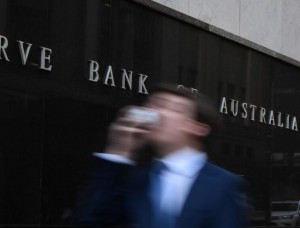





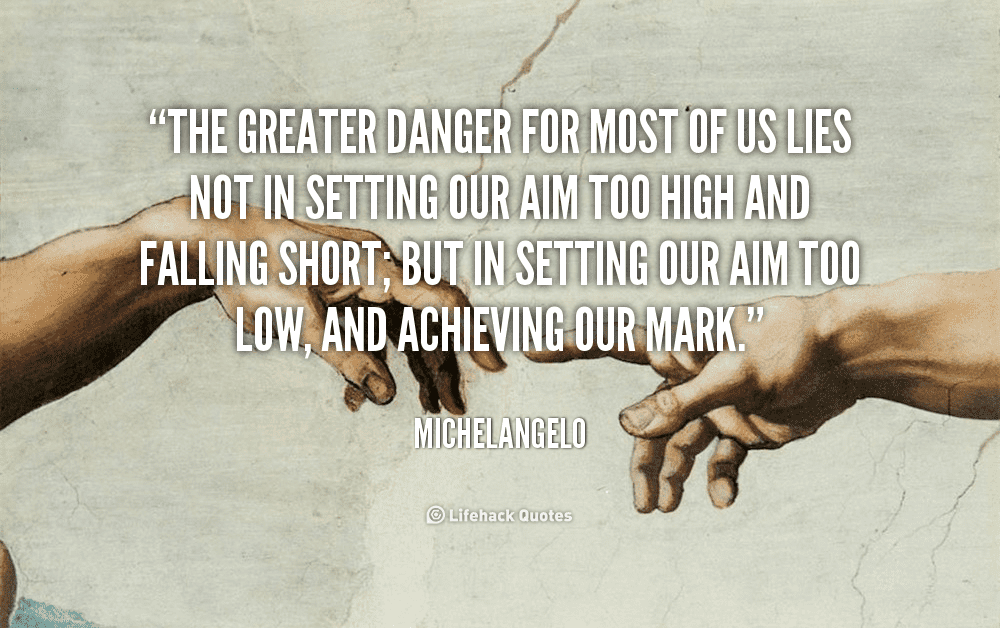
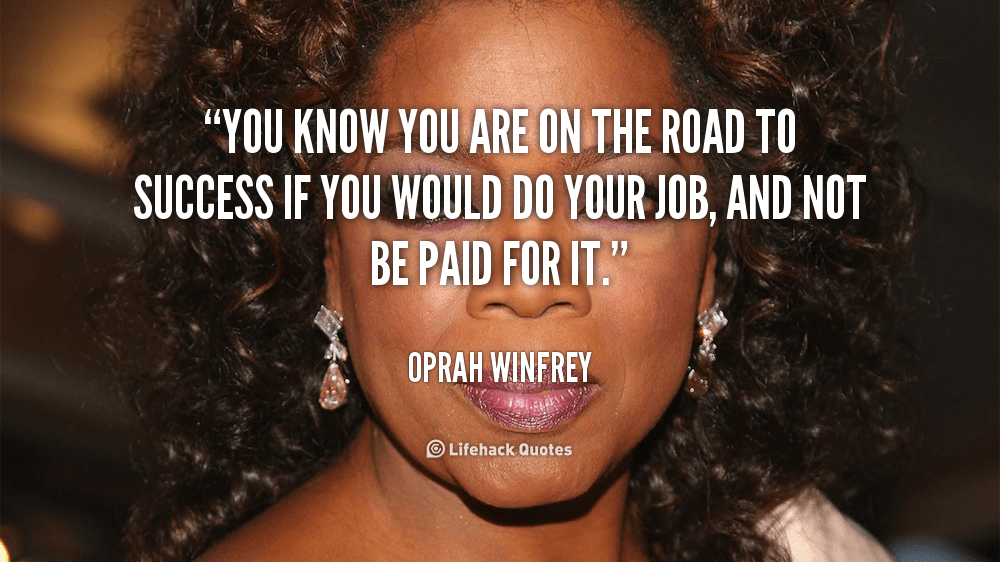
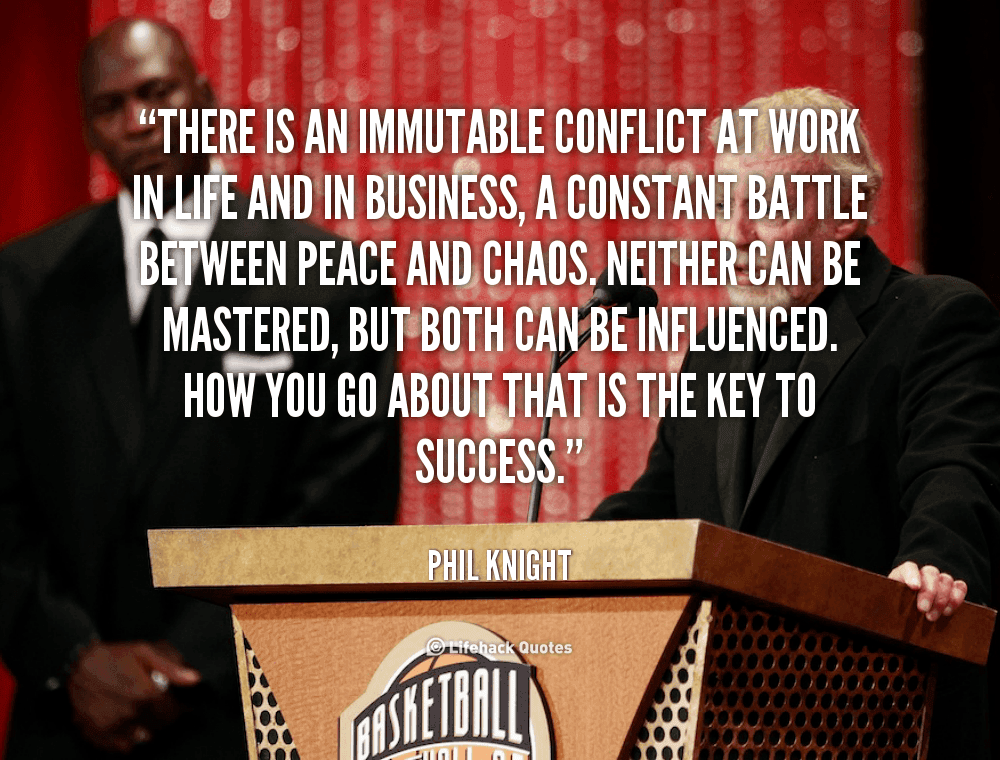
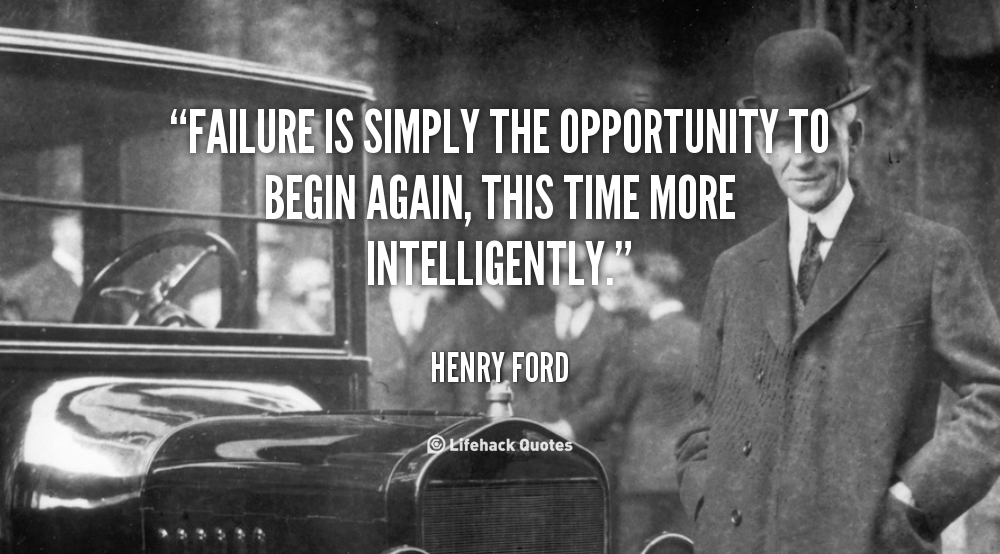
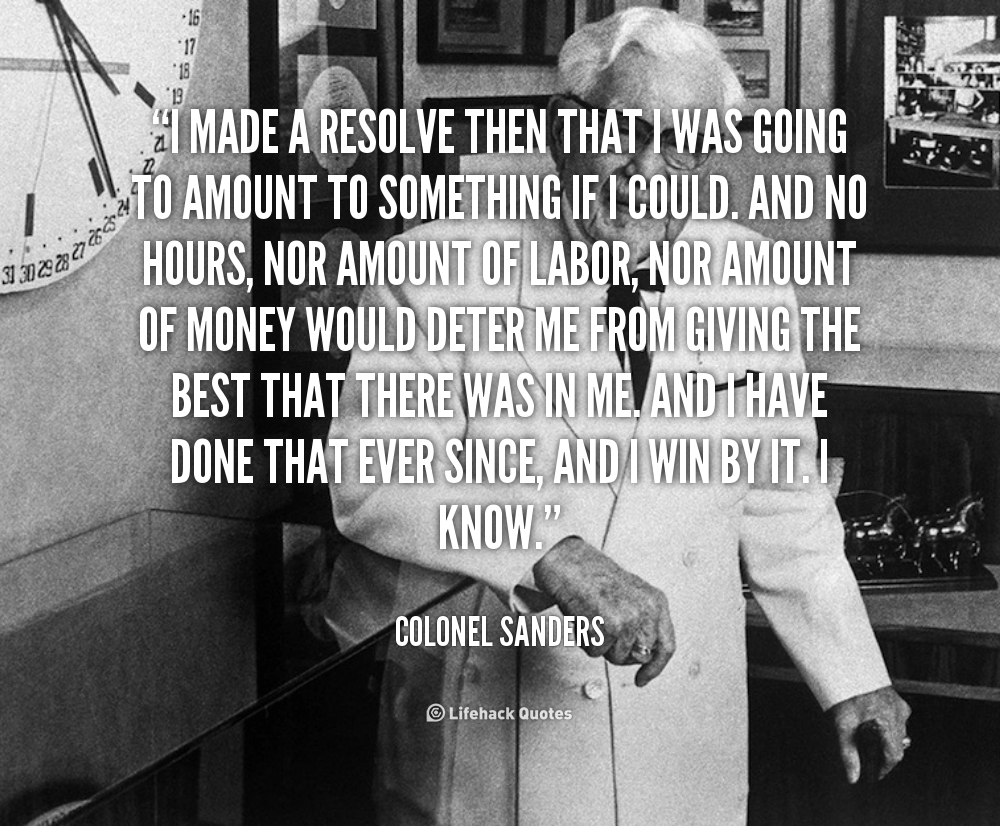
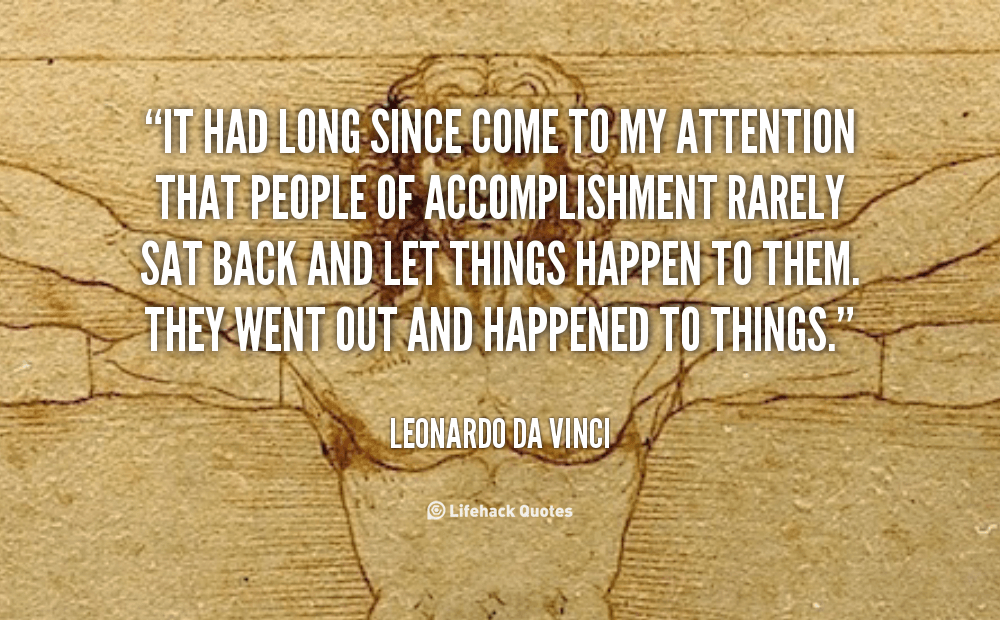
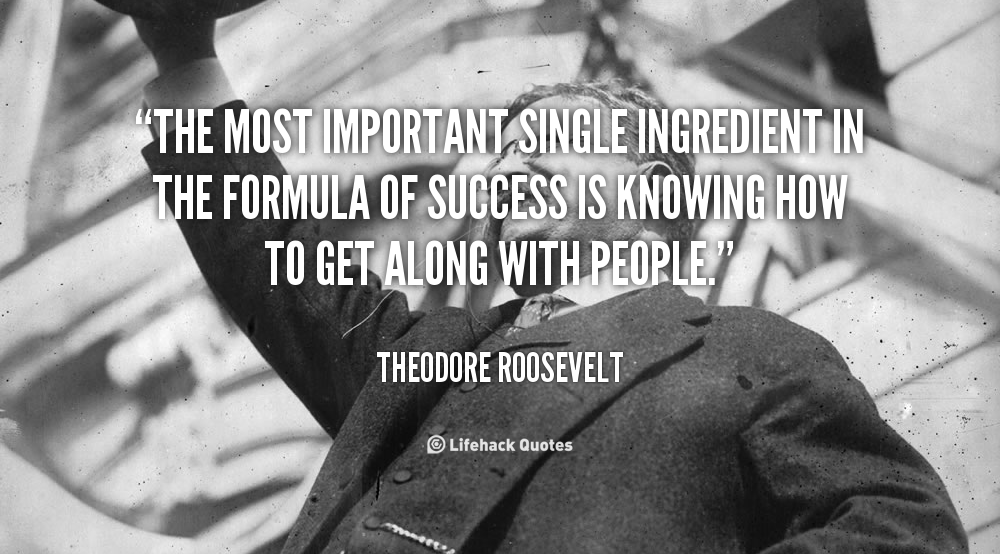
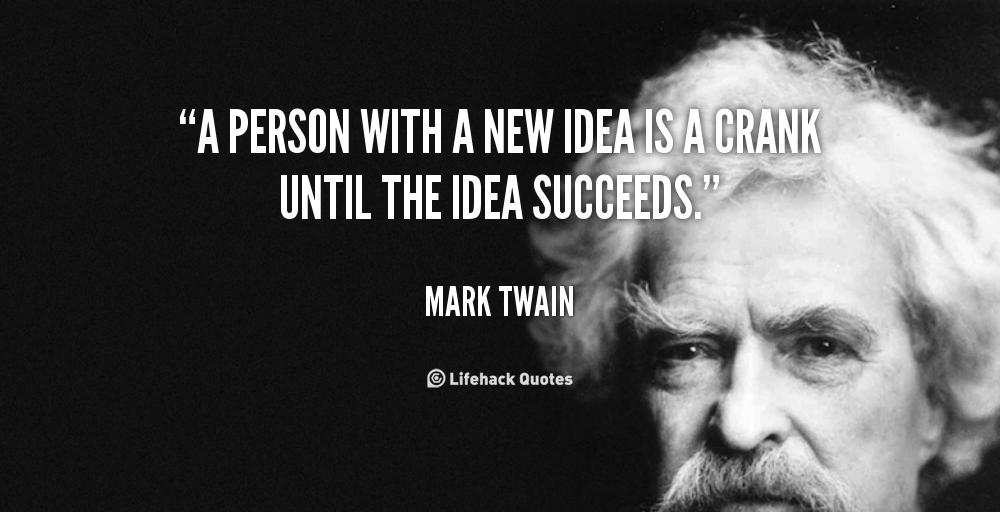

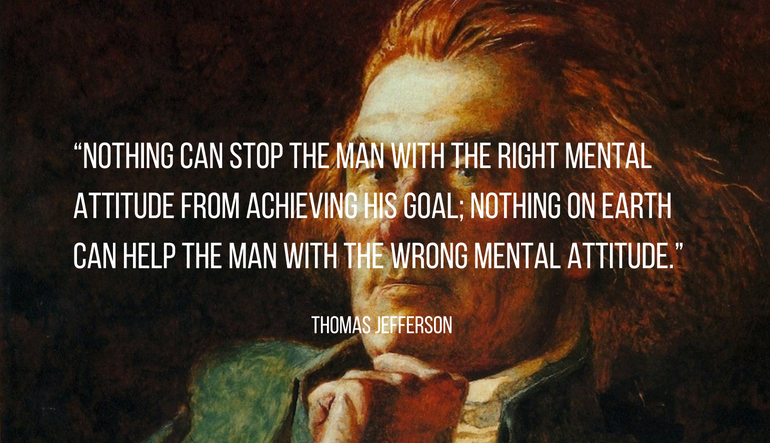
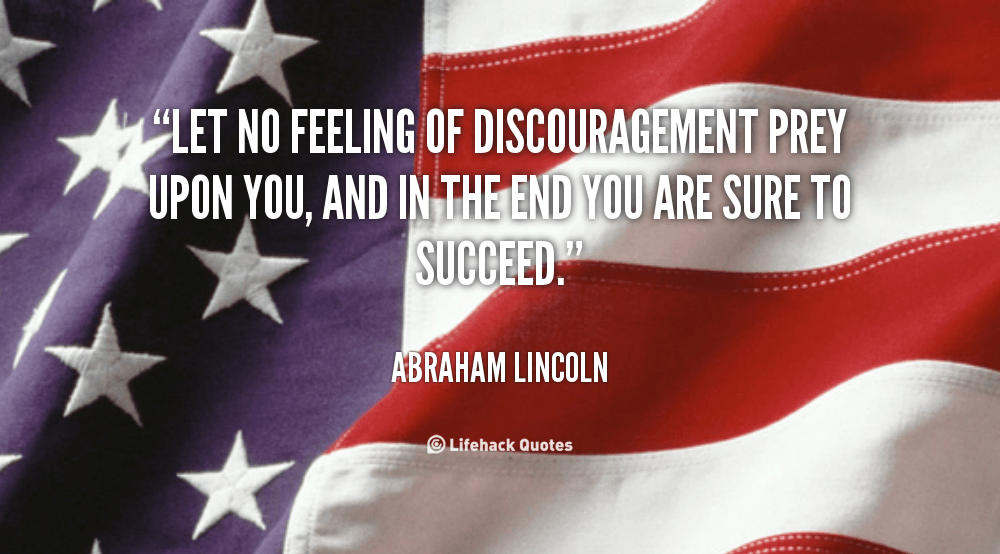
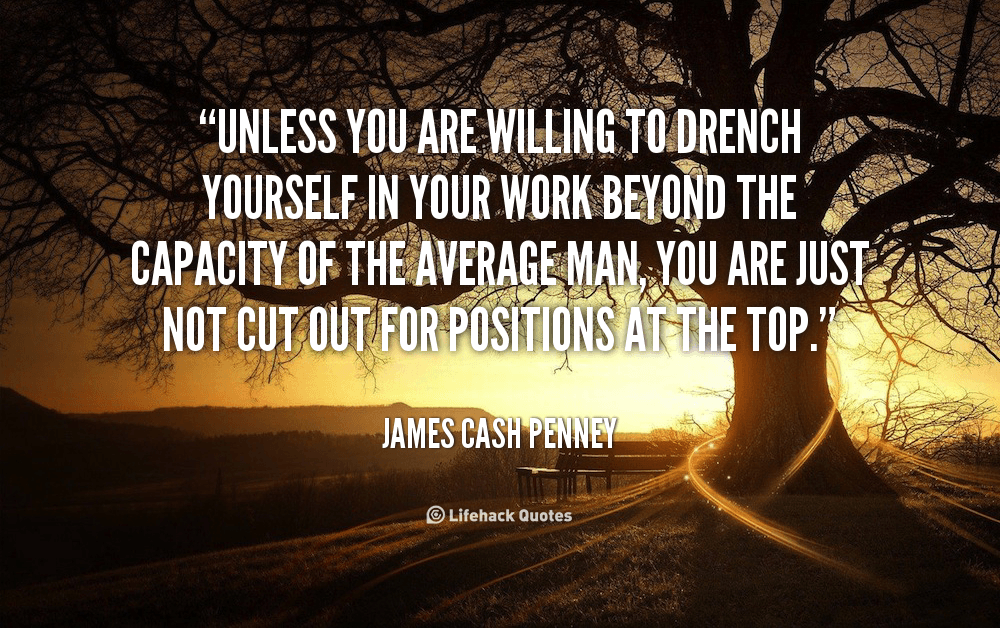
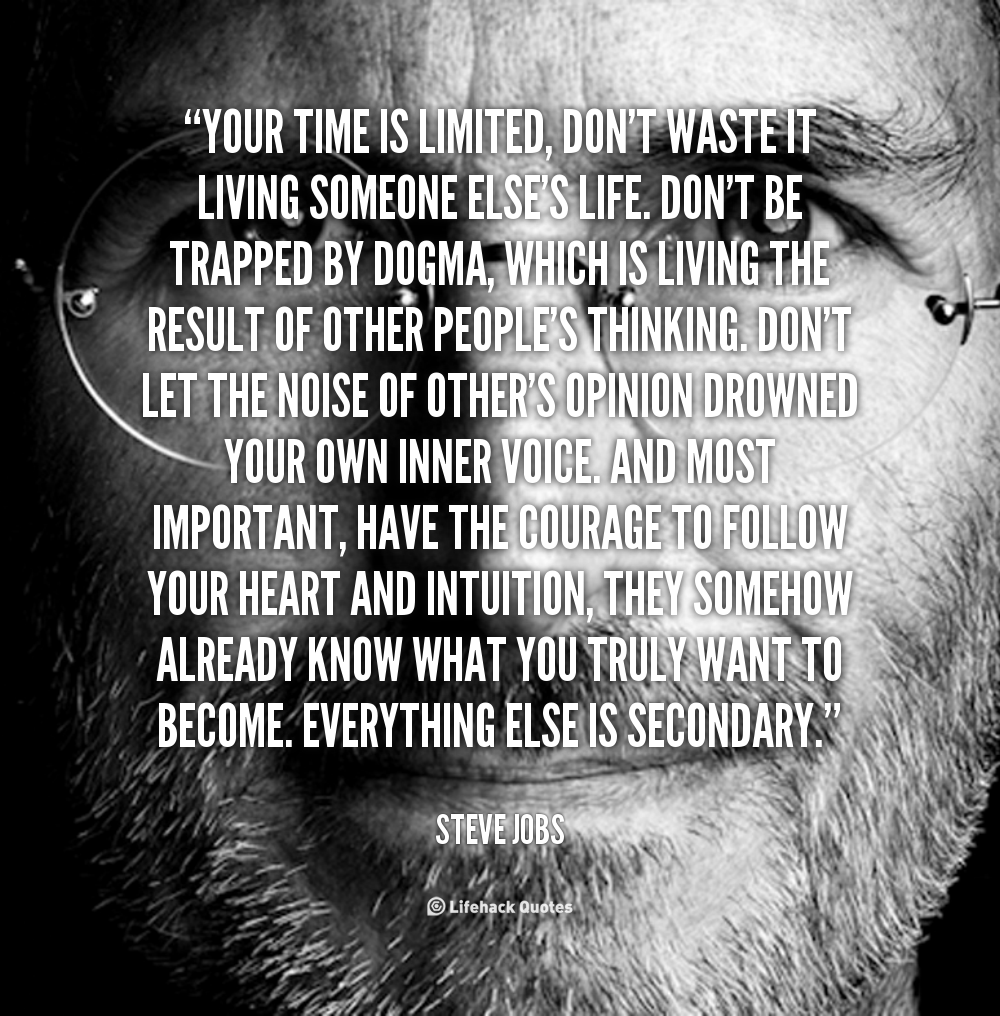
No comments:
Post a Comment